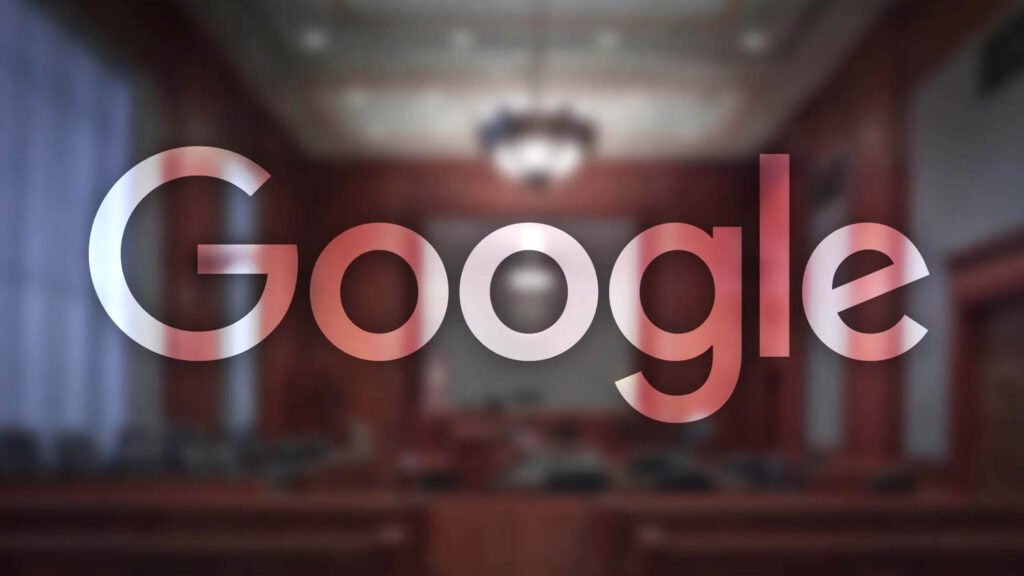GOOGLE:
Google is assembling a new team within its AI research lab, DeepMind, to develop advanced AI models capable of simulating the physical world. Tim Brooks, a former co-lead of OpenAI’s video generator Sora who joined Google DeepMind in October, will lead the initiative. Brooks shared the announcement on X, stating, “DeepMind has ambitious plans to create massive generative models that simulate the world. I’m hiring for a new team with this mission”.
Gemini AI:
The team will build upon the work of Google’s Gemini, Veo, and Genie projects to address critical challenges and scale models to unprecedented levels of computational power. Gemini, Google’s flagship AI model series, specializes in tasks such as image analysis and text generation, while Veo focuses on video generation. Genie, on the other hand, develops AI capable of simulating games and 3D environments in real-time, with its latest iteration generating a vast array of playable 3D worlds.
World modeling is a growing focus among tech giants and startups, including initiatives like Fei-Fei Lee’s World Labs and Israeli-based Decart. These models are envisioned to revolutionize industries by creating interactive media, video games, and realistic training simulations for robots. However, the technology has sparked debates. Concerns range from job displacement in creative industries to potential copyright issues, particularly regarding models trained on unlicensed content like video game playthroughs.
Google asserts its right to train models using YouTube videos under the platform’s terms of service but has not disclosed specific video sources. Meanwhile, some startups in the field, such as Odyssey, emphasize collaboration with creatives rather than replacement. It remains to be seen how Google will navigate these challenges as it pursues the ambitious development of world models.



